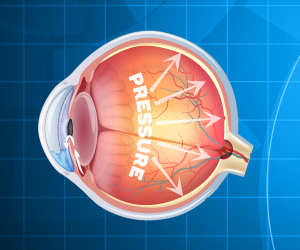Exposure to PM2.5 is now linked to loss of smell, along with various other diseases such as the cardiovascular disease, lung cancer, decline in cognitive function, chronic obstructive pulmonary disease (COPD), asthma and premature death.
Highlights
- Prolonged exposure to air pollution can cause anosmia (loss of smell)
- Loss of smell can be one of the primary and major risk factors for Covid-19 infection
- Exposure to particulate matter (PM) 2.5 increases the risk of losing one's smell by nearly twice
While previous research has associated PM2.5 as a likely culprit for anosmia, the team from Johns Hopkins conducted a new study to better understand how long-term exposure to air pollution can rob someone of the ability to smell and taste.
They found long-term airborne exposure to PM2.5 increases the risk of losing one's smell by nearly twice (a 1.6- to 1.7-fold increase).
This may occur because the location of the olfactory nerve, which contains the sensory nerve fibers relating to the sense of smell, places it directly in the path of inhaled PM2.5 materials. The findings appeared in the JAMA Network Open.
"Based on this result, we feel that long-term exposure to high levels of PM2.5 represents a common risk factor for the loss of sense of smell, especially in vulnerable populations such as older people -- but also one that is potentially modifiable if sources of PM2.5 components can be better controlled," said lead author Murugappan Ramanathan, Rhinologist and associate professor of otolaryngology -- head and neck surgery at the University's School of Medicine.
Exposure to PM2.5 has been already linked to cardiovascular disease, lung cancer, decline in cognitive thinking ability, chronic obstructive pulmonary disease, asthma and premature death.
Source-IANS













